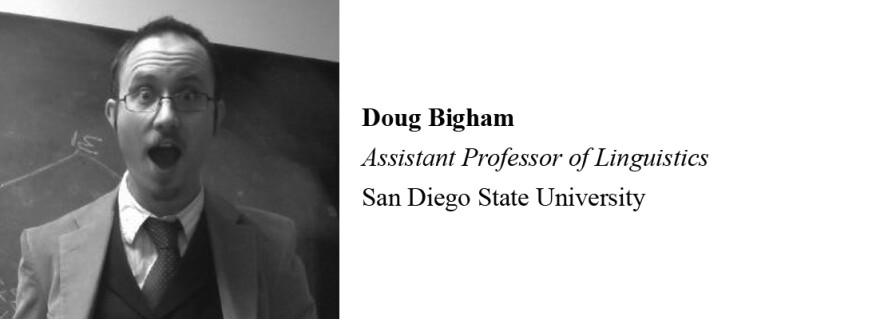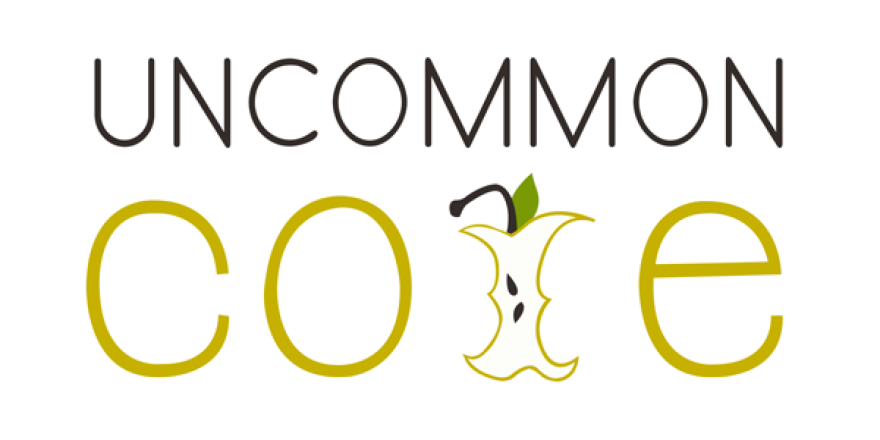


Invented Languages: Klingon and Beyond

“I wanted to start teaching this course because I wanted a way to engage students in linguistics without having to actually teach them linguistics. I wanted a kind of pop-culture back road into linguistics. Also I’m a huge Star Trek fan.”

“Klingon is a good language to start teaching students about linguistics with because it’s this language that was created in order to sound alien. It was purposefully designed by its creator Marc Okrand in order to sound like a language that you wouldn’t find on Earth. It violates all of these linguistic rules that we have, and by looking at how it violates them we can look at what those universals might be for human languages, and why they might be there to begin with.”

There are countless videos on YouTube about Klingon – clips from the Star Trek movies and TV shows, tutorials on how to speak the language, and plenty of parodies and spoofs too. Like this piece of animated Klingon propaganda:
https://www.youtube.com/watch?v=P9sFyY9LN0M

“[In an ordinary linguistics class, students can’t talk about] all of these weird things that students want to talk about. They say, ‘Isn’t it weird that when languages don’t have a word for the color blue they can’t think about the color blue?’ And I have to say, ‘No that’s not really true – that’s not how human language works.’ But when we talk about constructed and invented languages, then they can say these things and I can say, ‘Yeah, wouldn’t it be cool if a language did that?’ Constructed languages allow us to see the ways the ways that language could be if it were freed of all the historical baggage that real languages have to deal with.”

This 19th century language can be spoken, played on a musical instrument, or shown visually using colors. In this video, the Kircher Society uses all of these methods to perform a scene from Romeo and Juliet.
https://www.youtube.com/watch?v=Zf83Z1rUMCo

Since first creating the class, Doug has had to look for new ways to relate to students. Recently, he’s been putting more emphasis on Dothraki, the invented language popularized by HBO’s hit adapatation of Game of Thrones.
https://www.youtube.com/watch?v=bhWpNJgT9DI

“The thing that students seem to really respond to in the class is this sudden awareness they have, around mid-semester, that linguistics is all around them. They’ve always had this awareness that language is all around them, but suddenly they start to take language apart as this object. They start to see it as this thing that can be manipulated and toyed with. They start to see it as this artifact of culture, kind of like you see art or music. They start to see language as this objective thing they can start inspecting.”








